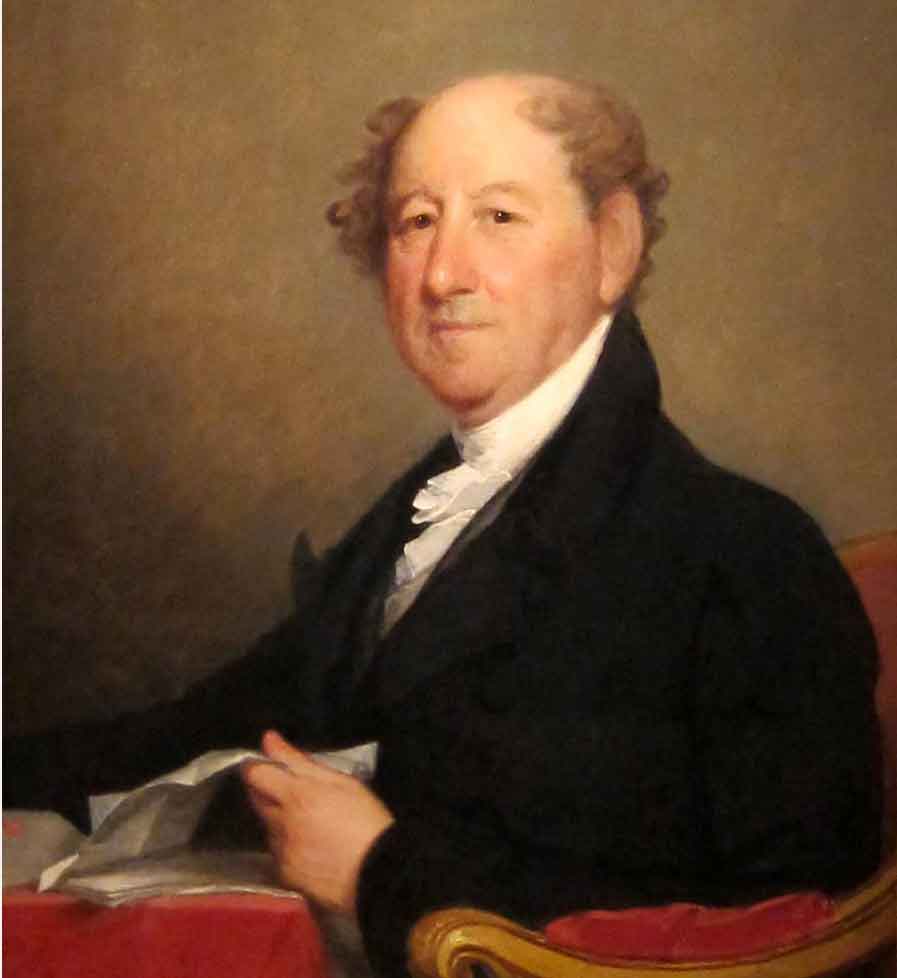King, Rufus

King, Rufus (1775-1827) Lawyer, Politician: King was born on March 24, 1755, in Scarboro, Massachusetts, which is now considered part of Maine. He was the eldest son of a successful merchant, and he graduated from Harvard in 1777. After studying law with Theophilus Parsons, King opened a legal practice in Newburyport, Massachusetts. In 1783, he began his political career as a delegate to the Massachusetts General Court. Later serving as a member of the Continental Congress (1784-86), he supported the creation of a more powerful government than existed under the Articles of Confederation. At the Constitutional Convention, he argued against the "phantom of state sovereignty." Nevertheless, King stood firm for the interests of Massachusetts, refusing to give in to the demands of small states or Southern states, even for the sake of the Union. He supported Massachusetts-friendly proportional representation in Congress. Speaking to the Convention on August 8, 1787, King described the Committee of Detail's report as being full of "inequality and unreasonableness." He asserted that he "never could agree" to permit slaves to be "imported without limitation and then be represented in the National Legislature." After promoting the ratification of the Constitution at the Massachusetts convention, he married into a prominent New York family. King served as a New York Senator 1789-96 and 1813-24, maintaining a strong Federalist stance and supporting the Jay Treaty. King became minister plenipotentiary to Great Britain in 1796, following Thomas Pinckney, and ran unsuccessfully as the vice-presidential candidate in 1804 and 1808. As a senator, he criticized the War of 1812 and the institution of slavery. King remained in the Senate until two years before his death in New York, on April 29, 1827.
